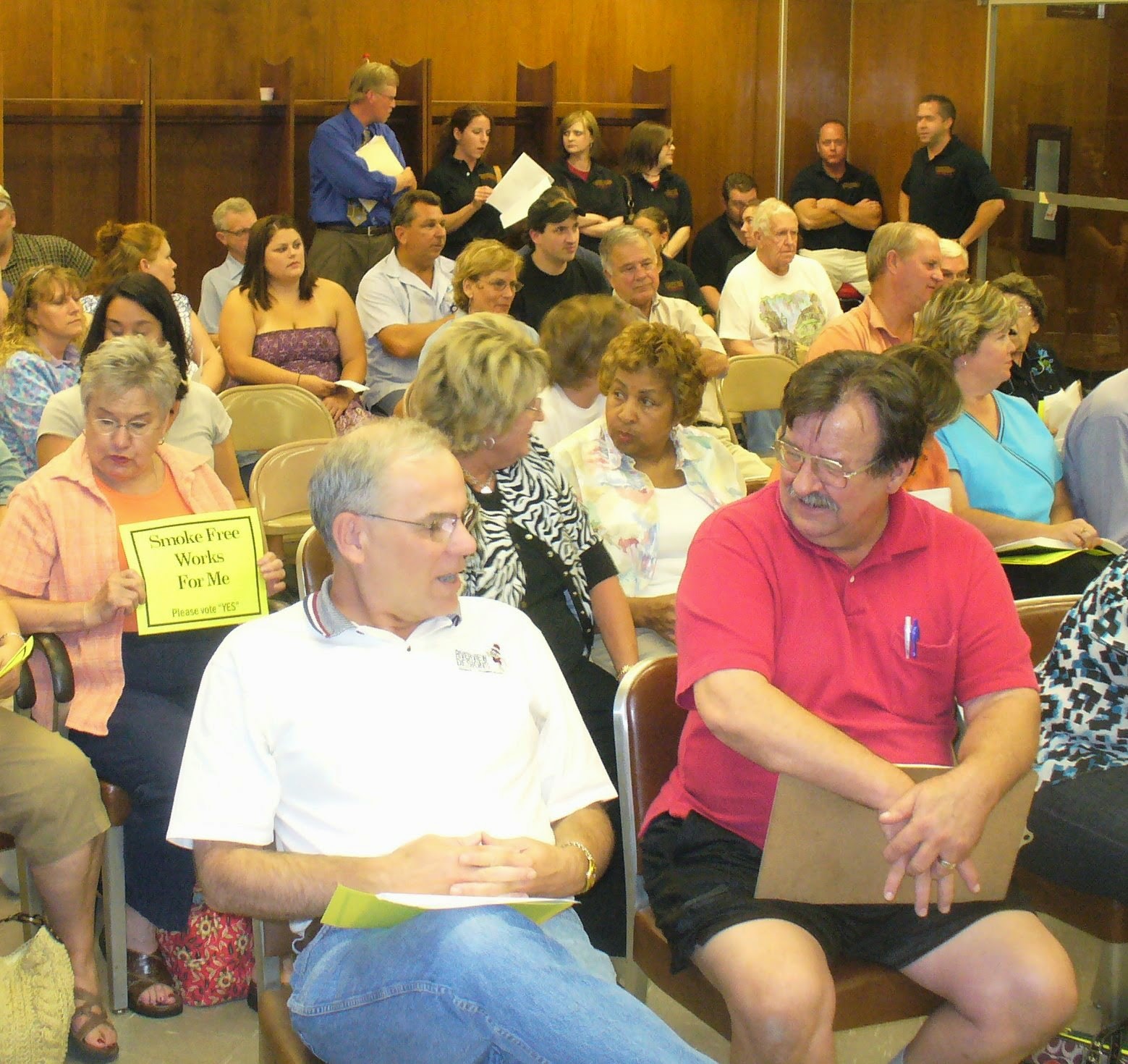The American Civil Liberties Union of Indiana lists the rights below under the all-purpose umbrella of “equality.” They’re merely an opening salvo, not a detailed rendering.
It seems to me that if one must “belong” to one (or more) of these groupings in order to feel solidarity with them, and consequently to take action on their behalf, prospects are daunting indeed for ultimate success in their advocacy.
On Thursday, the only openly gay member of New Albany’s city council offered a non-binding resolution expressing solidarity with the city of Orlando in the wake of the horrible massacre there. The resolution noted support of universal LGBT rights and repudiated violence. It was impeccable, and all eight council representatives in attendance concurred.
Yet, there is something nagging about this. While it is perfectly fitting and proper that councilman Greg Phipps represents the conscience of the LGBT community in his job as member of the body, if representation derives only from identity, then the body is not at all representative.
Look at the list below. There are no women, immigrants or racial minorities on the city council. Only one councilman is south of 45 years of age. None are disabled. Our council is composed of nine white males with an average age of around 60.
At Thursday’s meeting, Dan Coffey ventured the view that perhaps there should be a council resolution on behalf of all those who’ve suffered from violence, irrespective of identifier or subheading, and he was right (though probably for the wrong reasons).
However, what is needed even more than another omnibus, non-binding resolution is some coherent notion of how the city’s executive body can be part of the solution when it comes to all these human rights issues raised by the ACLU — and don’t even bother mentioning the city’s Human Rights Commission, which was built to be moribund.
At the moment, this idea seems more likely to emanate from council’s three Republicans and two Independents rather than its remaining four Democrats, who surely find themselves tied to a governing political party script that defines quid pro quo in exacting detail.
I’d suggest that they closely examine the “quid” before accepting the terms of the “pro quo,” because co-option comes right after self-interest, and just before irrelevance.
As much as we’d all like to wave a magic wand and produce a society of love, not hate, the chances are slim. All we can do is to keep on keeping on. At the same time, municipal government can help achieve substantive progress in these human rights areas, if only incremental, but the legislative body cannot do so by deferring to the carpenters of stage scenery in the back corridors of City Hall.
—
EQUALITY
“All men are created equal.” While it is a simple concept, it is one that can be especially hard to put into practice. The course of American history has been paved by movements for equality — civil rights, women’s rights, and most recently, LGBT rights. The ACLU of Indiana has been there to fight for them all.
Disability Rights
The Americans with Disabilities Act of 1990 (ADA) prohibits discrimination and ensures equal opportunity for persons with disabilities in employment, state and local government services, public accommodations, commercial facilities, and transportation.
Immigrants’ Rights
Under the Fourth Amendment to the U.S. Constitution, the rights of the people to be secure in their persons, houses, papers and effects, against unreasonable searches and seizures, shall not be violated.
LGBT Rights
Religious freedom is fundamentally important; that’s why it’s already protected in our state and federal Constitutions. But that doesn’t give any of us the right to discriminate against others. We must ensure that hardworking gay and transgender people are not denied a job, evicted from their apartment, or refused service by a business just because of who they are.
Women’s Rights
The Fourteenth Amendment to the U.S. Constitution says: “No state shall make or enforce any law which shall …deny to any person within its jurisdiction the equal protection of the laws.”
Youth Rights
The Equal Protection Clause of the Fourteenth Amendment to the U.S. Constitution provides for equal application of the laws, prohibiting states from denying any person the equal protection of its laws.
Racial Justice
The American Civil Liberties Union of Indiana mounts epic struggles to ensure everyone in America gets to enjoy the rights, freedoms and liberties that the Constitution guarantees. Since our formation, we have been involved in all aspects of the struggle for racial justice across the United States.










